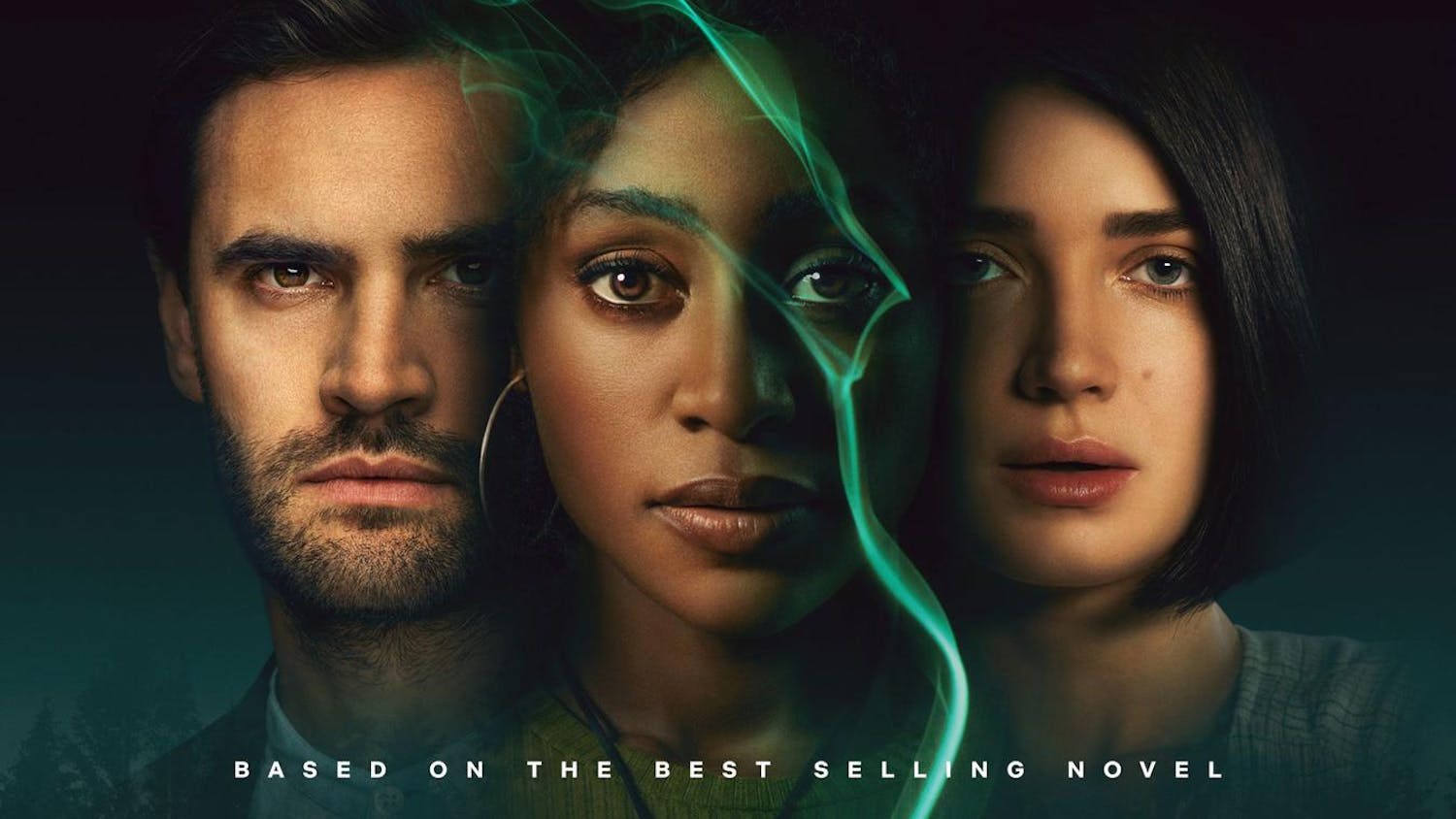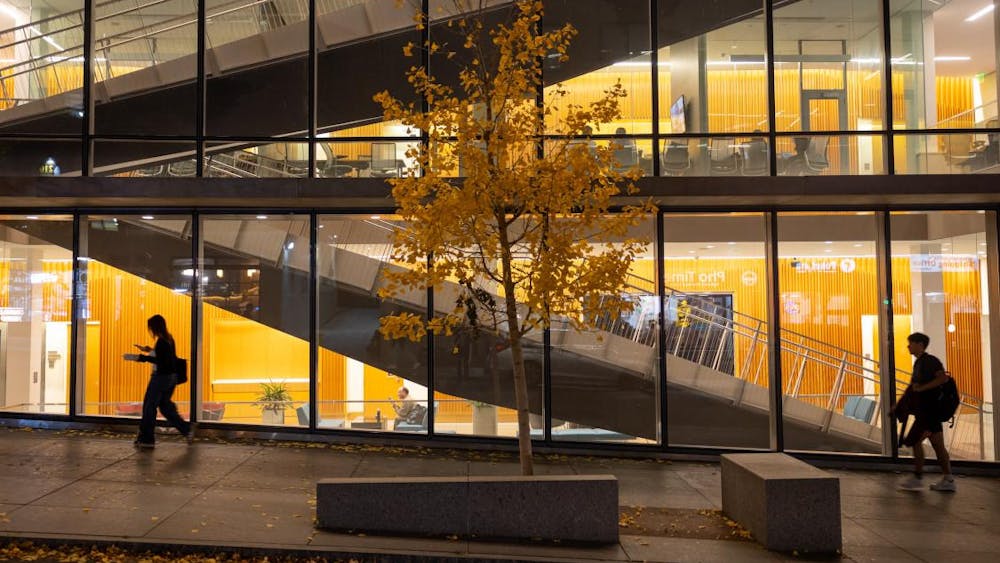What is it about our psychology that makes us so drawn to the thought of horror? The eerie music, the creaking floorboards, the shadow just out of sight, the spoon clicks against the teacup — clink, clink, clink. In Jordan Peele’s Get Out, this sound becomes a trigger, calling forth something much more terrifying: losing all control over your body as you fall into a deep hypnosis, afraid to let that power fall into the wrong hands. Such a subtle cinematic moment, yet it seizes the viewer’s attention, filling them with a sense of dread — one they can’t help but watch. A choice made by ourselves, one we participate in willingly. You see, that’s the paradox at the root of these thriller and horror films we seem to be so entranced by. Now, obviously not everyone is obsessed with this genre, but that doesn’t take away from the millions who enjoy this suspenseful, mind-tricking feeling — myself included. Why do so many of us go out of our way to seek experiences that are meant to be unsettling, disturbing and even frightening to us? What is it about these stories of haunted houses, masked killers or even psychological turmoil that keeps us glued to the screen? The horror and thriller genre is bigger than ever right now and serves as one of the most popular genres in the cinematic world. This appetite for fear seems endless. Whether it's the gothic terror of Hereditary, the suspenseful dread of Psycho or the adrenaline rush of A Quiet Place, people keep coming back for more.
So why does fear —something we typically avoid in the real world— turn into a source of pleasure? Psychologists explain that the feeling when watching these films is from the same burst of adrenaline we experience in fight-or-flight situations. That same feeling we’d use to escape a threat in real life is activated when watching these films. But we all know movies are fake, right? Perhaps we take advantage of that knowledge, knowing that by the end of the movie we’ll be back in our world, safe and sound. We can experience danger without taking any real risk. These films also provide catharsis, allowing us to confront our deepest anxieties — whether it’s the collapse of society, death, isolation or the end of the world — without actually enduring the consequences of it. Perhaps we’re also drawn to horror because we’re told we shouldn’t be looking at or enjoying such things. This genre lets us peek into the forbidden — the dark corners of human nature and what the universe may or may not be hiding from us. Uncertainty. Horror has always been a reflection of fears at the time of its creation. Paranoia surrounding the Cold War gave birth to Invasion of the Body Snatchers, while Parasite and Get Out expose the racial and class tensions that continue to haunt our society today. It’s a genre deeply aware of itself — playing with tropes like the last person standing or the haunted house, while also reinventing them. Today’s “elevated horror” blends style and substance, and through eerie sound design, strange lighting and sharp pacing, horror doesn’t just show fear — it makes you feel it.
Part of horror’s allure lies in the communal experience. Personally, I can watch a thriller like Black Mirror on my own, but when it comes to a truly scary horror film, I refuse to watch it alone. There’s just something comforting about watching with friends — seeing their reactions in real time, screaming together and then finally debriefing at the end. It’s kind of like a shared ride, but one driven by fear. I think we as viewers also find satisfaction in overcoming fear. We root for the main character, hoping they find their way out or try solving the mystery as it unfolds — paying attention to every little detail, hoping to catch something we’ll most likely miss until we read the Reddit thread after. This genre gives us a sense of control, serving as both entertainment and emotional release. We leave the theater — or close the laptop — feeling a little spooked but also oddly energized. Confronting fear feels weirdly empowering. The adrenaline rush from thrill leaves us craving more, ready to dive into the next one.
Mikayla Tetteh-Martey is a sophomore in the College of Arts and Sciences. She can be reached at mkt62@cornell.edu.











